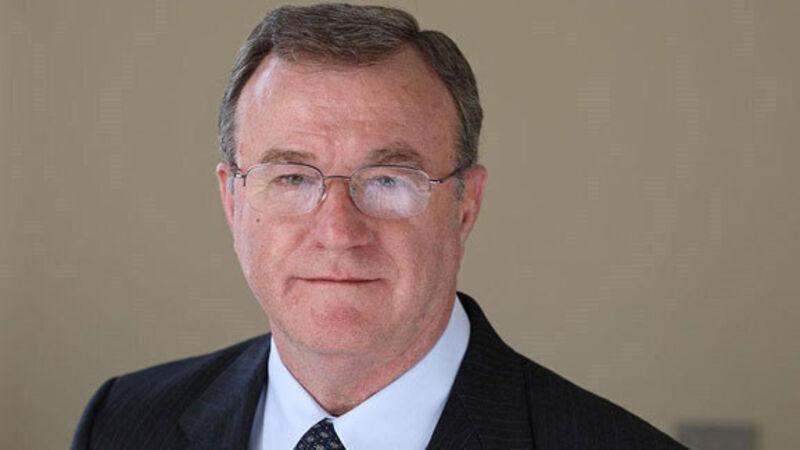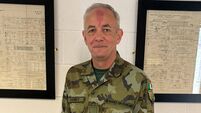PetroNeft loss driven by currency hit on equity sale

The Dublin-headquartered company — whose operational activity is solely focused on the Tomsk region of Russia — saw an average production level of 2,000 barrels per day, all of which was sold on the Russian domestic market at an average price of $41.60 per barrel.
Total group losses amounted to $8.78m, well up on analyst expectations of closer to $2.3m.
















